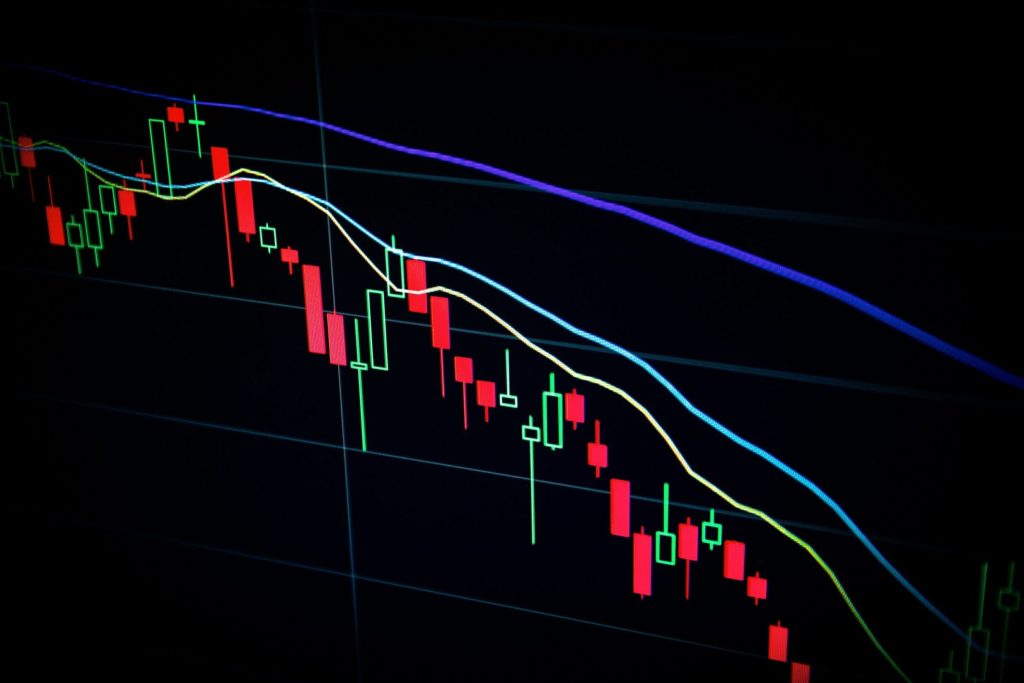Forex trading, or foreign exchange trading, is the act of buying and selling currencies with the aim of profiting from changes in their value. It is the largest and most liquid financial market globally, with a staggering daily trading volume exceeding $6 trillion. Unlike other markets, forex operates 24 hours a day, five days a week, across major financial centers like London, New York, Tokyo, and Sydney. This accessibility makes forex trading appealing to traders of all experience levels.
How Forex Trading Works
Forex trading revolves around currency pairs, such as EUR/USD or GBP/JPY. Each pair represents the value of one currency relative to another. For instance, in the EUR/USD pair, the euro (EUR) is the base currency, and the US dollar (USD) is the quote currency.
When trading, you’re essentially speculating whether the base currency will strengthen or weaken against the quote currency. For example:
- If you believe the euro will rise in value against the US dollar, you buy the EUR/USD pair.
- Conversely, if you expect the euro to fall, you sell the pair.
This trading occurs in a decentralized market where participants, including banks, corporations, hedge funds, and individual traders, interact directly without a central exchange. Brokers facilitate this process, offering platforms that provide live market data and analysis tools.
Why Is Forex Trading So Popular?
Several features make forex trading attractive:
- Liquidity and Volume: The immense scale of the forex market ensures trades are executed quickly, often without significant price disruptions.
- Flexibility: With 24/5 operations, traders can choose sessions that suit their schedules.
- Leverage Options: Brokers provide leverage, allowing traders to control larger positions with smaller amounts of capital. However, while leverage amplifies potential profits, it also increases risk.
- Low Entry Barriers: Many brokers offer accounts with low minimum deposits, making forex accessible to beginners.
Strategies and Approaches

Forex trading offers opportunities for various trading styles:
- Day Trading: Short-term trades where positions are opened and closed within a single trading day.
- Swing Trading: Medium-term trades aimed at capturing price swings over several days or weeks.
- Scalping: Quick trades lasting minutes or seconds, designed to profit from small price movements.
Regardless of the strategy, mastering technical and fundamental analysis is vital. Technical analysis involves studying price charts and indicators, while fundamental analysis evaluates economic events like interest rate decisions and geopolitical developments.
Tips for Beginners
Starting your forex journey can be exciting, but it requires preparation:
- Educate Yourself: Take time to understand key concepts, trading platforms, and risk management techniques.
- Practice on a Demo Account: Before trading real money, use a demo account to develop skills and test strategies without financial risk.
- Set Realistic Goals: Avoid chasing unrealistic profits and focus on gradual growth.
Start Your Forex Journey
Forex trading provides an exciting gateway to global markets, but success requires knowledge, discipline, and a solid strategy. For detailed guides, strategies, and tools to help you get started, visit https://iamforextrader.com/en/.
Remember, while the forex market offers vast opportunities, it is not without risks. Approach it with patience, practice, and a willingness to learn, and you’ll be on your way to navigating the currency markets confidently.
